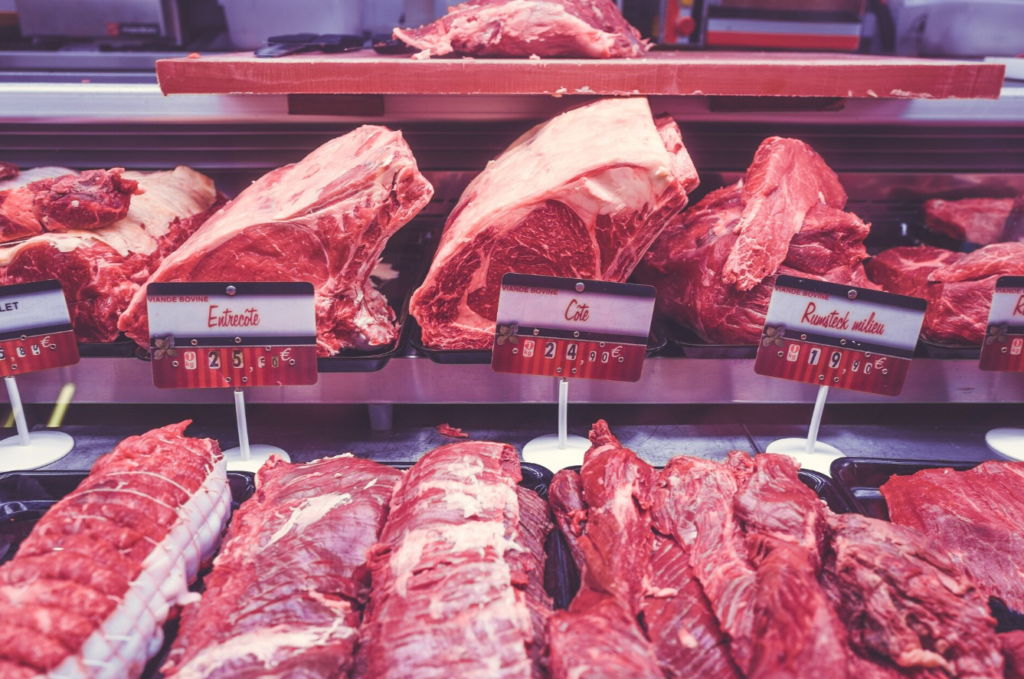Introduction:
A recent study conducted by researchers from the Harvard T.H. Chan School of Public Health sheds light on the connection between red meat consumption and the risk of developing type 2 diabetes. This comprehensive study, based on a vast dataset, provides valuable insights into the impact of red meat consumption on an individual’s susceptibility to type 2 diabetes. Additionally, it highlights the potential benefits of substituting red meat with alternative protein sources. Fill out this form to see if you or a friend qualify for Continuous Glucose Monitors.
Red Meat Consumption and Type 2 Diabetes Risk:
The study reveals a concerning correlation between red meat consumption and the risk of developing type 2 diabetes. People who consume as little as two servings of red meat per week may face an elevated risk compared to those who consume fewer servings. Moreover, this risk escalates with higher levels of red meat consumption. This study underscores the importance of adhering to dietary guidelines that advocate for restricting red meat intake, whether processed or unprocessed.
Must Read About CGMs in Noncritical Care Hospitals Optimizes Glycemic Control
Unique Contribution of the Study:
While previous research has hinted at the link between red meat and type 2 diabetes, this study stands out due to its extensive examination of numerous cases over a prolonged period. The wealth of data offers a higher degree of certainty regarding this association.
The Growing Concern of Type 2 Diabetes:
Type 2 diabetes is on the rise, both in the United States and globally. The implications extend beyond the disease itself, as it is a major risk factor for conditions like cardiovascular disease, kidney disease, cancer, and dementia. Understanding the dietary factors that contribute to this alarming trend is crucial for public health.
Methodology: The research analyzed health data from a staggering 216,695 participants, sourced from the Nurses’ Health Study (NHS), NHS II, and Health Professionals Follow-up Study (HPFS). Over a period of up to 36 years, diet assessments were conducted every two to four years, during which more than 22,000 participants developed type 2 diabetes.
Key Findings: The research demonstrates a strong connection between red meat consumption and an increased risk of type 2 diabetes. Those who consumed the highest quantities of red meat faced a substantial 62% greater risk compared to those who consumed the least. Every additional daily serving of processed red meat correlated with a 46% higher risk of developing type 2 diabetes, and unprocessed red meat was associated with a 24% higher risk.
Read Guide about Wegovy Dosage Guide: The Best Way For Weight Loss
Substitution Benefits: The study also calculated the potential advantages of replacing one daily serving of red meat with alternative protein sources. Replacing red meat with nuts and legumes was linked to a 30% lower risk of blood sugar while substituting it with dairy products was associated with a 22% lower risk.
Dietary Recommendations: Based on their findings, the researchers suggest that limiting red meat consumption to approximately one serving per week could be a reasonable goal for individuals seeking to optimize their health and well-being. This dietary shift not only benefits personal health but also has a positive impact on the environment, reducing greenhouse gas emissions and addressing climate change concerns.
Must Read: Sarcopenia Doubles Cardiovascular Death Risk in Diabetes
Conclusion:
The study underscores the importance of understanding the relationship between red meat consumption and the risk of type 2 diabetes. It reinforces the significance of dietary choices in maintaining overall health and highlights the potential environmental benefits of substituting red meat with alternative protein sources. The findings provide a compelling rationale for individuals to reevaluate their dietary habits and make informed choices to safeguard their health and the planet.
Acknowledgments: The Nurses’ Health Study (NHS), NHS II, and HPFS received support from the National Institute of Health through grants UM1 CA186107, U01 CA176726, and U01 CA167552.


